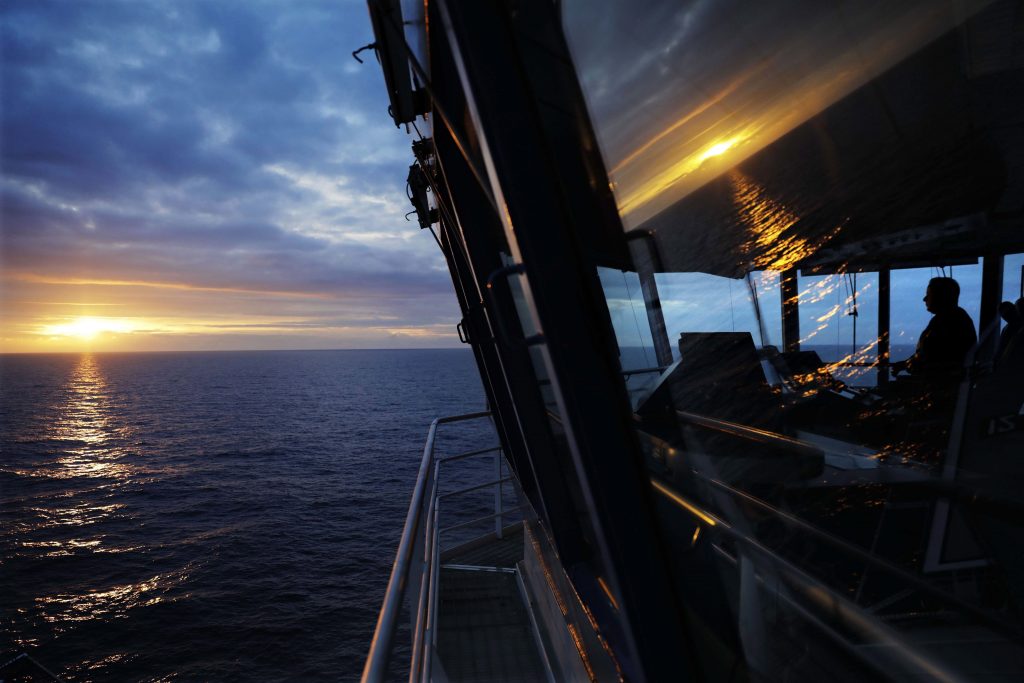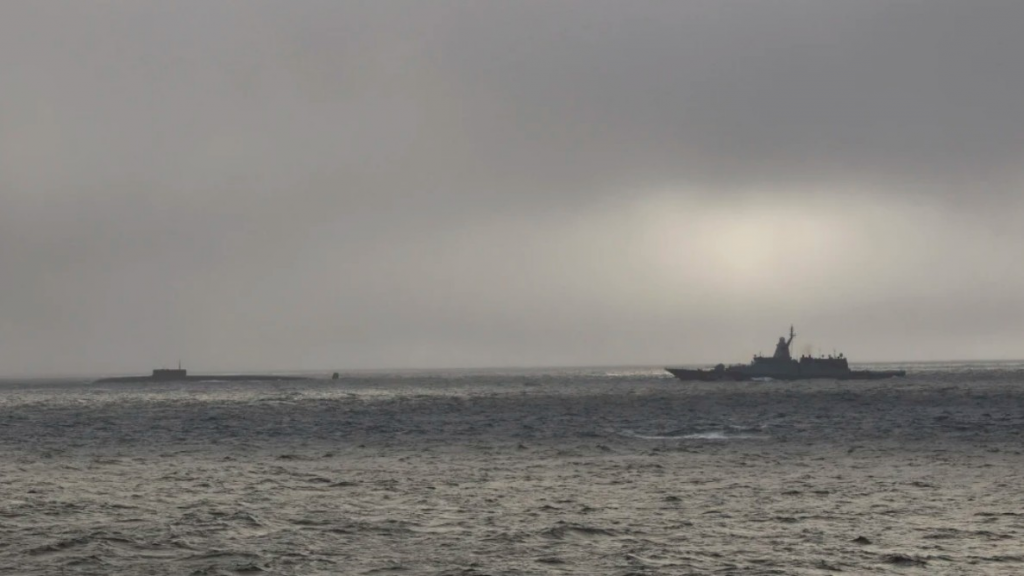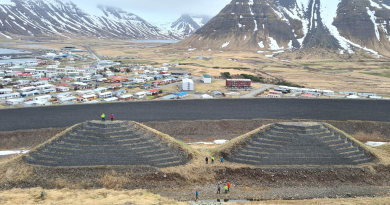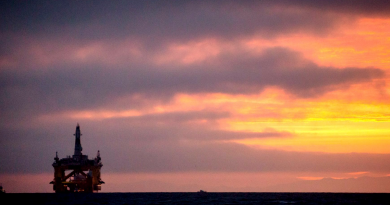North Pacific, Nordic partnerships and Canada’s Arctic Foreign Policy

International cooperation is taking center stage in Canada’s evolving Arctic strategy, with its newly released Arctic foreign policy emphasizing links to global regions, particularly the North Pacific and Nordic countries.
“The inclusion of the North Pacific is significant because that hasn’t been discussed very much in Canadian Arctic policy in the past, certainly on a government level,” said Marc Lanteigne, a Canadian political science professor at the University of Tromso – The Arctic University of Norway, and the chief editor of the Arctic news blog Over the Circle.
“It demonstrates an understanding that the Indo-Pacific and the Arctic are now linked because of China and Russia’s activity here, and also the need to bring in local friends like Japan and Korea.”
The policy extends Canada’s Indo-Pacific Strategy, which highlights the Arctic as a growing area of interest for Indo-Pacific nations wanting to engage with Canada, the government said in the white paper.
Strategic corridor in North Pacific
The North Pacific is a critical gateway to the North American Arctic, a region of growing strategic importance, according to the white paper.
Canada already has shared interests with Japan and South Korea on maritime security, sustainable economic development, and free trade and the new policy emphasizes strengthening ties with like-minded Indo-Pacific nations on Arctic issues , while remaining cautious about countries whose actions may conflict with Canadian interests.

Joint Russian-Chinese patrols both by boat and aircraft are becoming an increasing feature in the Bering Strait, something that is increasingly attracting Washington’s attention.
Canada says the strategic importance of the North Pacific region warrants a robust, coordinated approach to Arctic security to safeguard its interests and counter potential threats.
“[The Bering Strait] is one of the key approaches to the North American Arctic, the white paper said.
“Canada must not undervalue the strategic importance of these approaches—Canada’s adversaries do not underestimate them. In line with the strategy, Canada will explore ways to deepen Arctic cooperation with key North Pacific states on issues of mutual interest while also responding to the emerging challenges some may represent.”
Nordics in focus
Canada’s new Arctic Foreign Policy also emphasizes strengthening partnerships with Nordic countries—Denmark, Finland, Iceland, Norway, and Sweden—particularly in areas like science, climate change, and Indigenous relations. With all of the countries now NATO members, the policy highlights the growing need for closer cooperation on defense, especially amid rising geopolitical tensions.
Lanteigne said Ottawa’s white paper’s focus on the Nordic countries highlighted the increasing interconnectedness of the North.

“The focus on cooperation with Nordic countries, while not new, is now being addressed in a much more detailed and concrete way,” Lanteigne said.
“I think there’s definitely the understanding of that we’re all in this together that we need to make use of our specific expertise.”
Lanteigne noted that while China dominates discussions about non-Arctic actors, countries like India, the UAE, Brazil, and traditional allies such as Japan and European nations are increasingly asserting their interests in the Arctic, a dynamic Ottawa will need to continue to navigate in the future.
“Canada will need to balance these interests with its stance on Arctic sovereignty,” he said.
Comments, tips or story ideas? Contact Eilís at eilis.quinn(at)cbc.ca
Related stories from around the North:
Canada: Canada to open consulates, appoint Arctic ambassador under new foreign policy, The Canadian Press
Finland: Russian cyber attacks, espionage pose growing threat to Finnish national security, Yle news
Iceland: Iceland authorizes U.S. submarine service visits, Eye on the Arctic
Norway: Russian jamming disrupting GPS signals for Norwegian aviation almost daily, The Independent Barents Observer
Russia: Russia accuses US of stoking tensions in the Arctic, The Independent Barents Observer
Sweden: Swedes must mentally prepare for war, says military top brass, Radio Sweden
United States: Space takes centre stage in U.S. Department of Defense Arctic strategy, Eye on the Arctic



